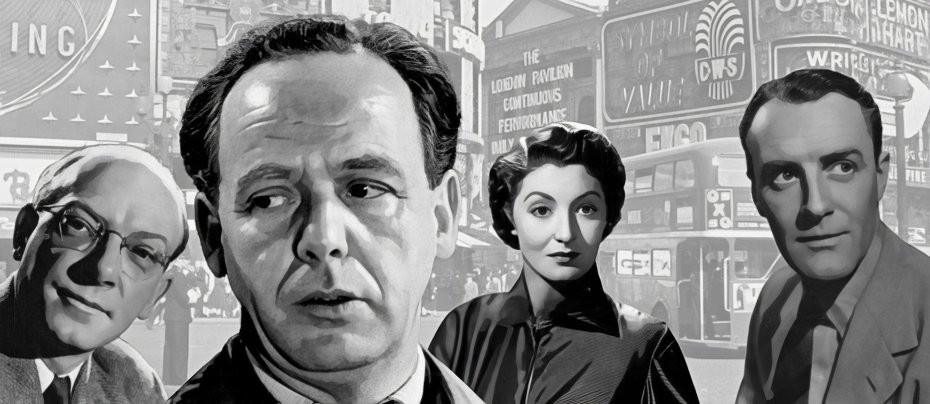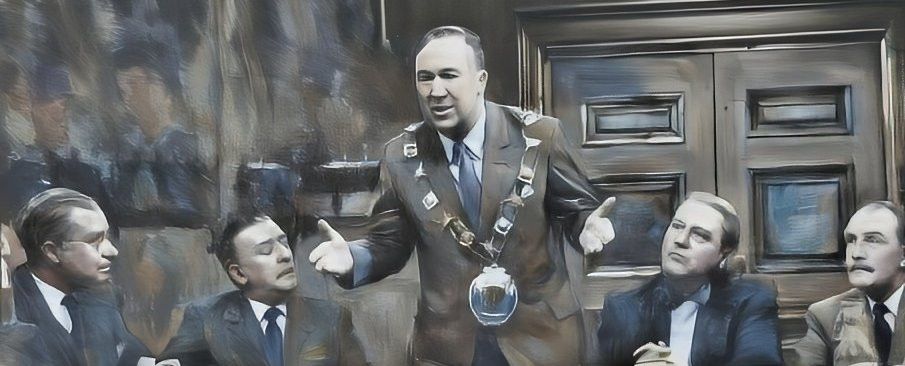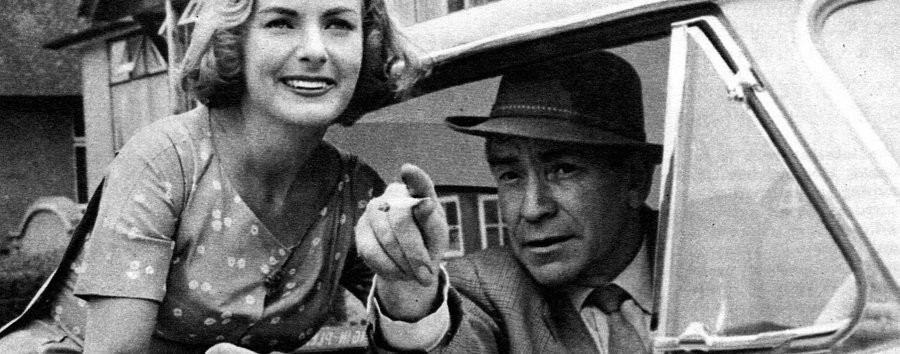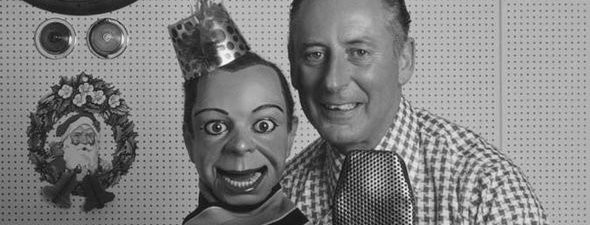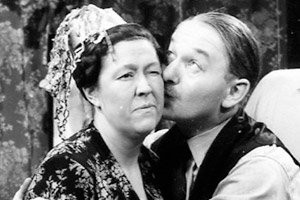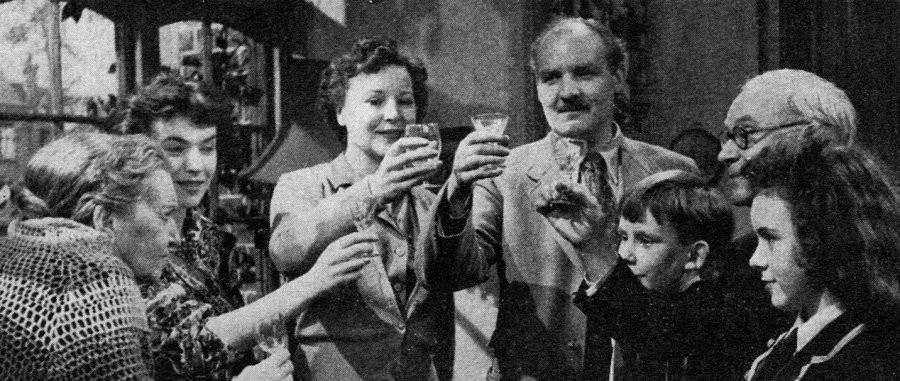
The Man Who Cheated Death
1958 - United KingdomPremiering in February 1958 as a six-week serial on ITV, The Man Who Cheated Death is an ambitious blend of psychological study and thriller. Created by Ingram D’Abbes, a seasoned writer for both television and film, the series was a bold step into the murky waters of moral ambiguity, clever criminality, and psychological manipulation.
At its heart is Edward Chapman’s performance as Adam Krane, a seemingly unremarkable family lawyer whose unassuming appearance masks a chilling persona. Unlike typical whodunits, this series makes no attempt to disguise the identity of the murderer—Krane is the killer from the outset. The tension instead lies in the game of cat and mouse between law enforcement and a criminal who is, in D’Abbes’ words, "very conceited and very clever. While the surgeon sells life, My criminal uses his skill to sell death."
Harrogate born Chapman, more commonly associated with bluff Northern characters and comic roles, would soon become familiar to filmgoers as Mr. Grimsdale, the officious superior and comic foil to Norman Wisdom's character of Pitkin in the 1958 production The Square Peg. A shade over 5ft 6in, with greying hair and comfortably built ("I weigh more than my doctor likes", he said), he looked every inch Mister Average Man, but here delivers a surprisingly sinister performance. His transition to the small screen is accompanied by a newfound intensity, as he overcomes his personal early challenges of television acting (his preference was the stage) to embody Krane with chilling confidence.
Chapman, whose parents were opera singers (he did not follow them into the same profession. "I'm tone deaf. (I) used to have a resonant voice, the trouble was always getting the right key."), had his first hit in a 1931 production of The Good Companions at His Majesty's Theatre in London. D’Abbes had written The Man Who Sold Death for a magazine some years before and was at a London club where he met Chapman and told him the story. Chapman was intrigued enough to go to ABC television and sell the premise to them. Once commissioned, the two men collaborated on the TV script.

Supporting performances are equally compelling: Cyril Shaps (Never Mind the Quality, Feel the Width), slight and unassuming, makes a strong impression as a professor (who could easily be mistaken for a sinister solicitor’s clerk), while Melissa Stribling’s Lady Cynthia Varney drips with scheming elegance and moral ambiguity. David Davies (Probation Officer) plays Chief Inspector Marshall with a blunt intelligence, though questions remain—how can such a capable officer have seven unsolved murders to his name?
The plot moves at a breakneck pace, careening from an Ostende casino to Ascot, from a concert hall murder to a greyhound track, a gun siege, and even Boat Race Day on the Thames. D’Abbes flexes his narrative muscles with a variety of murder methods; knife, poison, drowning, shooting, though he cheekily admitted to having 57 ways to kill, only nine of which had been used so far.
Production values were notably high for the era. Directed by Andrew Osborn, the first episode drew high praise from The Stage, with critic Harold Darton claiming the opening shots “out-Hitchcocked Hitchcock. Edward Chapman and Cyril Shaps are the only two who have so far made their marks - and very successful marks. How Cyril's neighbours must bar their doors at night!” The atmosphere is thick, the tension ever-building, and the supporting cast, including Arnold Ridley (Dad's Army), Ballard Berkeley (Fawlty Towers), and Peter Bryant (The Grove Family), rounds out the ensemble with gravitas and polish.
The Man Who Cheated Death may have slipped through the cracks of TV history, overshadowed by flashier contemporaries and the rise of filmed drama, but its intelligent writing, character-driven suspense, and striking performances, especially from Chapman and Shaps, make it a standout example of early British television crime drama. It is a series that sold death with style, and left viewers wondering not who did it, but how long he could get away with it.
Seen this show? How do you rate it?
Seen this show? How do you rate it?
Published on September 18th, 2025. Written by Laurence Marcus for Television Heaven.


